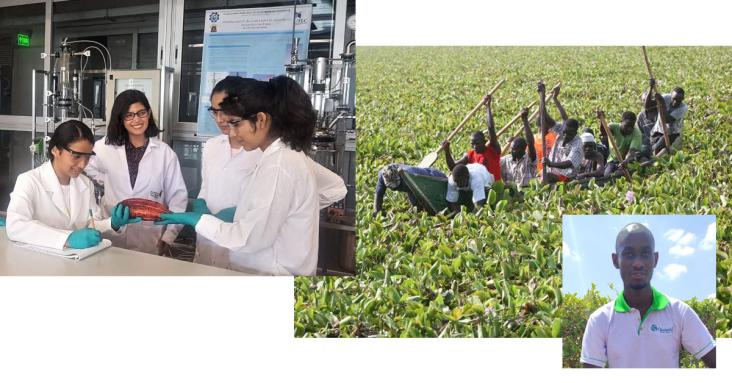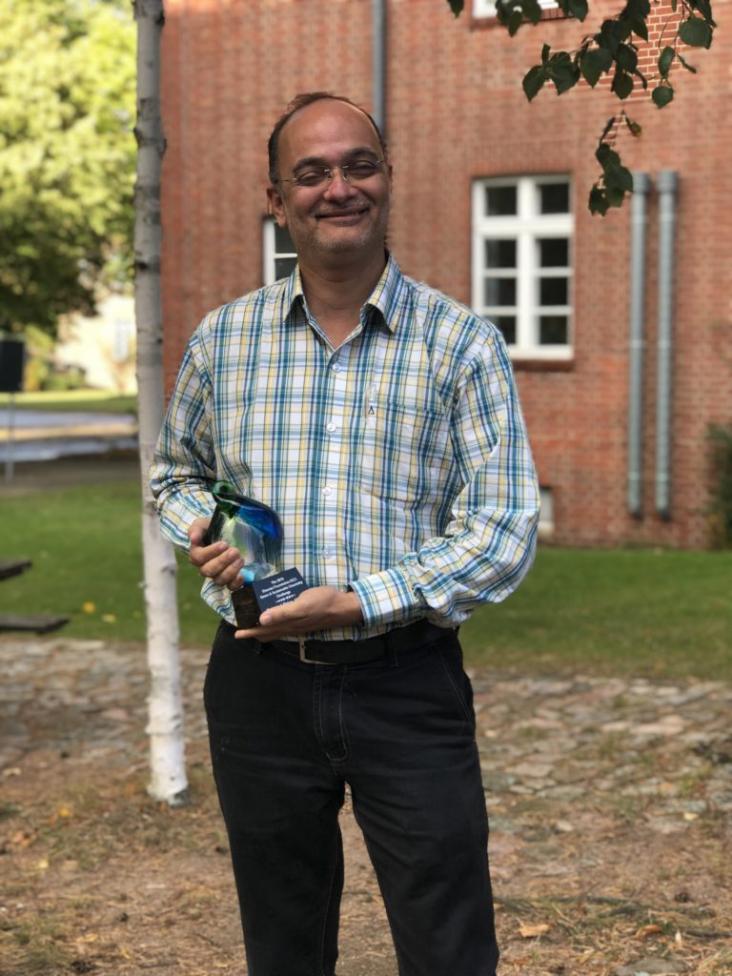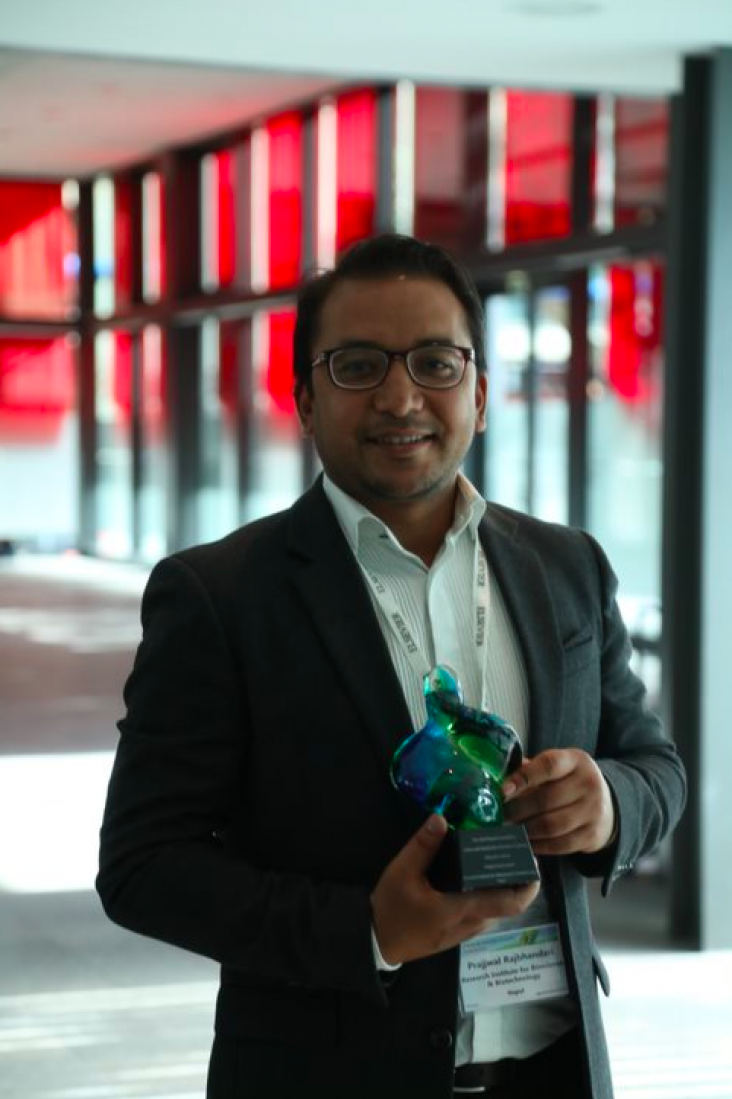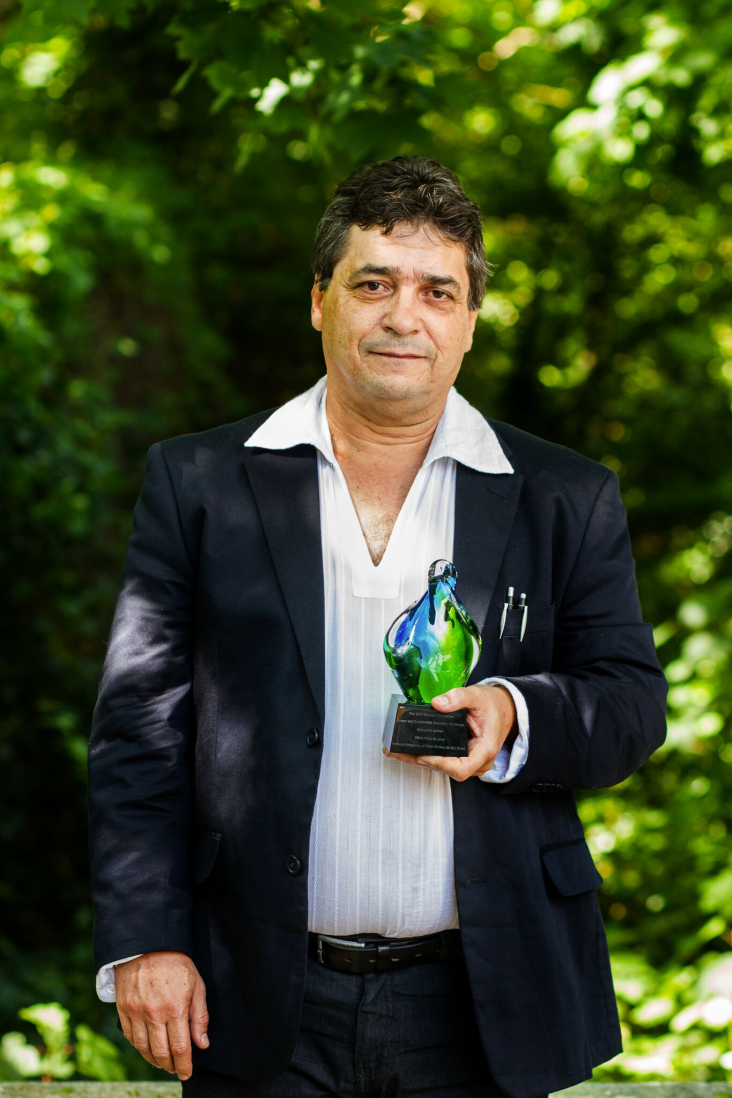RELX SDG Customer Awards aim to recognise RELX customers who share our commitment to driving action in support of the United Nations Sustainable Development Goals. Read more about the 2022 winners.
Held in partnership with the University of Johannesburg, this Elsevier webinar discusses the SDGs and how researchers can incorporate them into their work.
Held in partnership with the University of São Paulo, this Elsevier webinar discusses the SDGs and how researchers can incorporate them into their work.
To mark World Environment Day 2021, RELX’s Global Head of Corporate Responsibility, Dr Márcia Balisciano, talks to Dr Dan Fiscus and Dr Brian Fath about this year's theme: Ecosystem Restoration.

This article highlights the winning proposals of the fifth edition of the Elsevier Foundation Green & Sustainable Chemistry Challenge. The winning proposals were chosen for their innovative green chemistry aspects and their large positive impact on the environment, contributing to SDGs 7, 8, 10, 12, 13, 14 and 15.

In 2019, Dr. Ankur Patwardhan, Head of the Biodiversity Department at Maharashtra Education Society’s Abasaheb Garware College, Pune, India, was awarded the second prize in the Elsevier Foundation Green and Sustainable Chemistry Challenge. Contributing to SDGs 13 and 15, his project, “Butterfly attractant for pollination and ecosystem health”, focused on the plant-pollinator interactions that play a vital role in maintaining ecosystem balance and aimed at enhancing floral visits by butterflies through the development of natural attractant formulations. One year later, we interviewed Dr. Patwardhan about his experience at the Challenge, as well as the upcoming steps for his project.

Over the past five years, we have used data and analytics to help the research and healthcare communities navigate the sea of research and to put collaboration, both interdisciplinary and international, at the heart of scientific progress on the SDGs. View findings for SDG 15.

In 2018, Dr. Prajwal Rajbhandari was awarded the first prize of the Elsevier Foundation Green and Sustainable Chemistry Challenge for his project, “Guava leaves as natural preservatives for farmers of Nepal.” Due to a lack of viable non-toxic preservatives, or cold chain technologies, one-third of Nepal’s produce is spoiled before it reaches market each year. Dr. Rajbhandari’s project taps the antioxidant and antimicrobial properties of guava leaves to make a water-based, sprayable natural preservative, contributing to SDGs 2, 12 and 15. Two years later, we interviewed Dr. Rajbhandari about his experience as a winner, as well as the upcoming steps for his project.
Advancing SDG 15, this article aimed to isolate, characterize (biochemically and molecularly) and assess the potential of cowpea nodulating/maize associated rhizobia for plant growth promotion.

In 2017, Dr. Dênis Pires de Lima from the Federal University of Mato Grosso do Sul, Brazil, was awarded the first prize of € 50,000 for his project “From Cashews to castor oil, combating mosquito-borne diseases.” Contributing to SDGs 3 and 15, Dr. Pires de Lima and his team’s project promoted the use of natural waste from locally sourced cashew nuts and castor oil, to produce environmentally friendly insecticides against mosquitoes carrying Zika and Dengue fever — a sustainable alternative to conventional, substantially toxic insecticides. Three years later, we interviewed Dr. about his experience as a winner of the Green Sustainable Chemistry Challenge, as well as the upcoming steps for his winning project.
